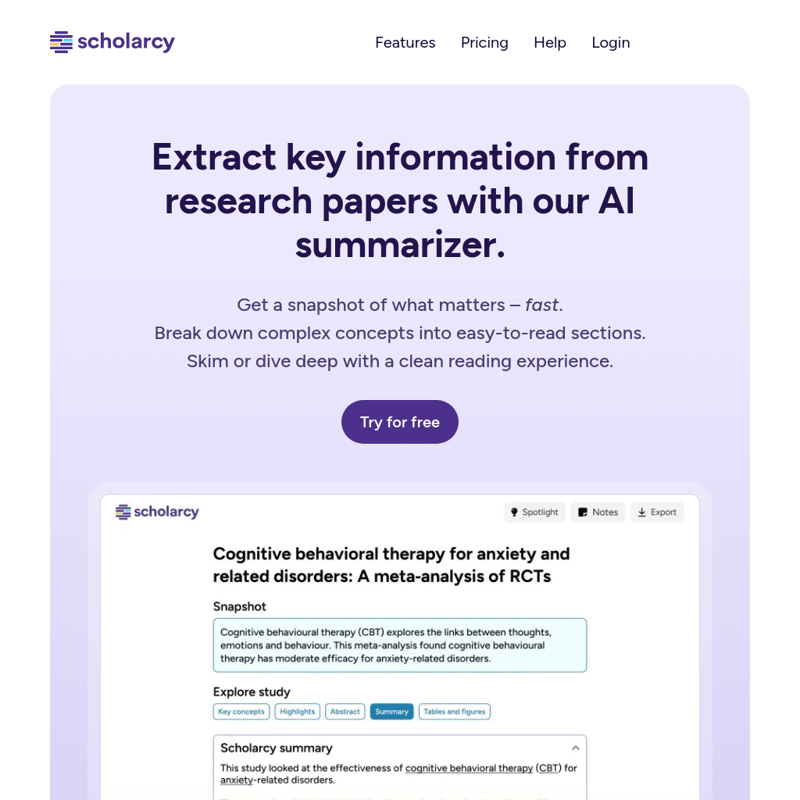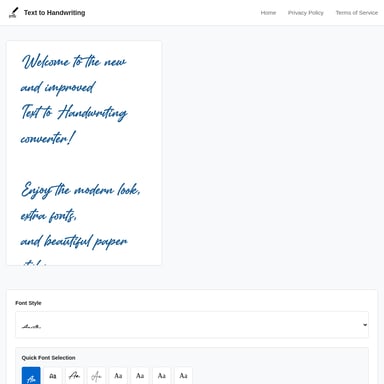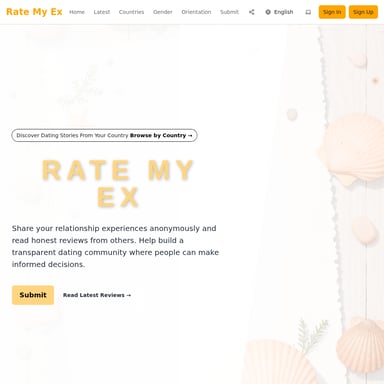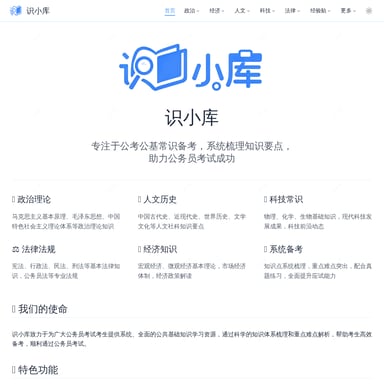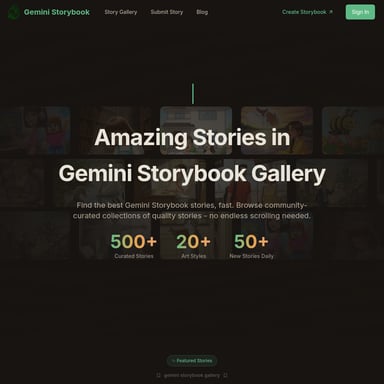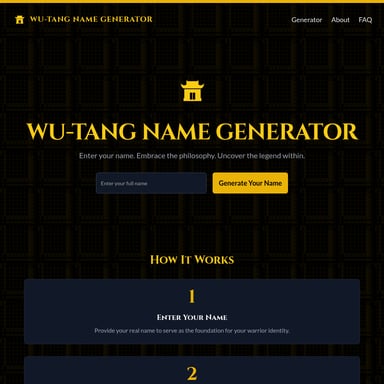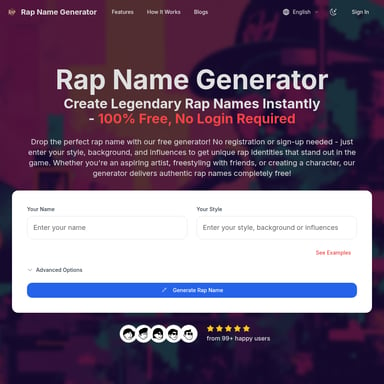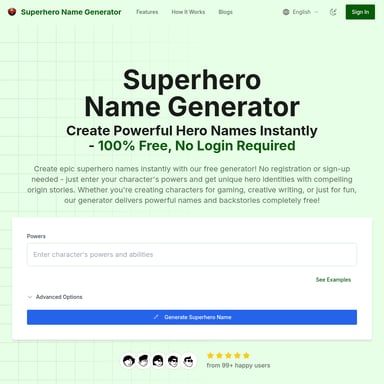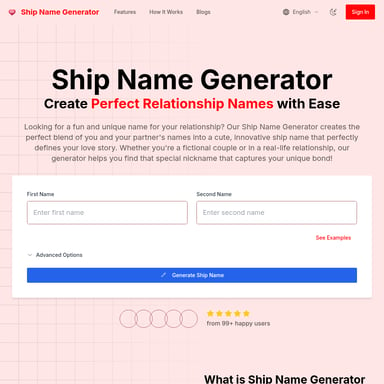Scholarcy
Scholarcy Article Summarizer
The Scholarcy Article Summarizer helps researchers and students quickly summarize, analyze, and organize academic papers, PDFs, book chapters, and online articles.
2024-07-01
405.7K
Scholarcy Product Information
Scholarcy Article Summarizer
What's Scholarcy?
Scholarcy is a powerful AI summarization tool designed to help researchers and students summarize, analyze, and organize academic papers, PDFs, book chapters, and online articles in one place. Trusted by scholars worldwide, Scholarcy's summarizer tool identifies key terms, claims, and findings, transforming them into digestible Summary Flashcards.
Features
Any format
Summarize papers, PDFs, book chapters, online articles, and more.
Easy import
Drag and drop files, enter the URL of a page, paste a block of text, or use our browser extension.
Enhanced summary
Change the summary to suit your reading style. Choose from a bulleted list, one-liner, and more.
Snapshot
Read the key points of a paper in seconds with confidence that everything you read comes from the original text.
Clean reading
Clutter-free flashcards help you skim or dive deeper into the details and quickly jump between sections.
Spotlight
Highlighted key terms and findings guide you through the full text with confidence.
Use Case
Summarize texts in any format
- Summarize PDFs
- Summarize book chapters
- Summarize online articles
- Summarize research papers
- Summarize plain text
- Summarize YouTube videos
Scholarcy’s AI summarization tool is designed to generate accurate, reliable article summaries. The knowledge extraction and summarization methods focus on accuracy, ensuring that what you read is factually correct and traceable to the original source.
FAQ
How do I use Scholarcy?
What if I’m having issues importing files?
Scholarcy needs accessible text to process the article into flashcards. If you encounter issues when importing to Scholarcy, there may be a couple of reasons:
- The PDF file contains no extractable text. We don't currently support scanned PDFs - you'll need to run it through some OCR software first.
- The web URL is closed access or behind a paywall. If the article is not open-access, try downloading the PDF from the site, then upload the PDF into your Scholarcy Library.
- The file is too large or too complex. This can happen with PDFs containing many images, or if you try to upload an entire book. For best results, break large files into smaller PDFs, e.g., split a book into individual chapters and upload each one.
Can Scholarcy generate a plain language summary of the article?
The Scholarcy Synopsis provides a narrative overview of the article in accessible and easy-to-understand language. Scholarcy’s Enhanced Summary also provides a more detailed overview of your paper, which you can adjust to use a reading style that suits you.
Can Scholarcy process any size document?
The machine learning algorithms which Scholarcy is built upon were trained to work best on academic articles and individual book chapters, rather than entire textbooks. If you have a 400-page textbook and a 400-word summary, you essentially get 1 word per page! Therefore, it’s best to split textbooks into individual chapters to get an accurate summary of each chapter.
How do I change the summary to get better results?
You can change the Scholarcy Summary to a different reading style by clicking on Enhance and then selecting the style that best suits you. You can choose between School level, General reader, Bulleted list, Undergrad level, One liner, and Researcher. You can also select Specific topics, and then choose up to 5 keywords to customize your summary.
What if I upload a paywalled article to Scholarcy, is it violating copyright laws?
As long as you have legitimate access to a paywalled article, you can upload it to Scholarcy without violating copyright laws. Scholarcy is a summarization and article management tool, not a distribution service. Scholarcy does not store the PDF of the article after generating the flashcards. Scholarcy only extracts the key information from the paper in the form of the interactive flashcard. This is considered ‘transformative use’ under US copyright law.
